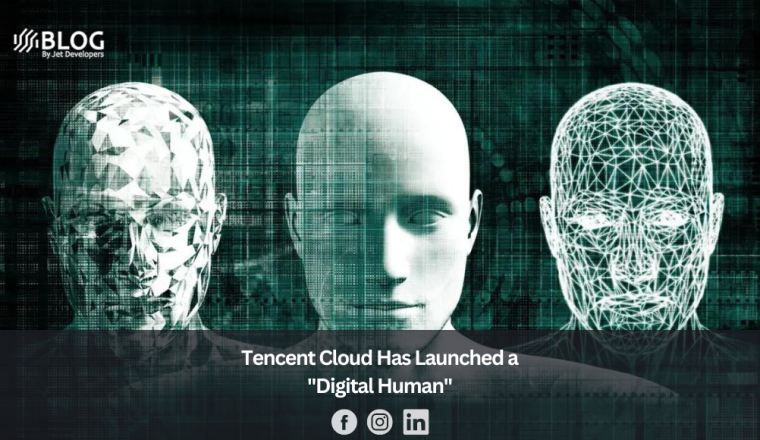Tencent Cloud Has Launched a “Digital Human”
Chinese company Tencent Cloud has launched a “digital human” production platform that can be used to answer questions in live streams and much more.
Available in half-body and full-body formats, these high-definition digital humans can be readied in just 24 hours for a fee of 1,000 yuan (US$145). Essentially, the company has launched Deepfake-as-a-Service, (DFaaS), The Register reported.
The recent rise in the use of generative artificial intelligence (AI) has raised fears of making fake content difficult to distinguish from real. Interesting Engineering has previously reported how AI-generated images of former US President Donald Trump went viral on the internet after news emerged that was likely to be arrested.
Even before the world is ready to wrap its head around such imagery, Tencent has pushed the boundary even further with its AI-generated videos.
How does Tencent’s service work?
As per media reports, the service needs three minutes of live-action video of the individual and 100 spoken sentences for training the digital human. Once the 1,000 yuan fee is paid, the company can create the digital human in 24 hours, and it is available in English and Chinese.
The company is looking to make a fully automated “AI+ Digital Intelligent Human Factory” platform where individuals can simply use self-service to order digital humans. Additionally, the service also allows certain elements, like the background and the tone of the individual, to be customized. It also promises that the digital human will not have flat intonation and a single speech rhythm.
Five styles of digital humans are also available to choose from, 3D realistic, 3D semi-realistic, 3D cartoon, 2D real person, and 2D cartoon, and where required, the digital human can be trained on customized questions and answers to make it an effective but deepfake chatbot.
Based on Chinese market requirements, the deep fake creation could likely be used to run live-stream infomercials, a popular form of advertising in the country. However, Tencent also believes that it could create doctors, lawyers, and other professionals using this technology.
Although AI-generated imagery is difficult to spot from real ones, AI-generated videos are still some distance away from absolutely believable. But for a relatively low fee, Tencent’s service could likely end up flooding the internet with a lot of deep fakes.
Chinese regulators require providers of such AI platforms to ensure that they are not used for illegal purposes. However, in the US, when lawyers claim that statements made in 2016 could be deep fakes, then one can only imagine the mess such a service will cause in the future.
Guess countries need to move quickly on regulating AI before the problem spins the world out of control.



